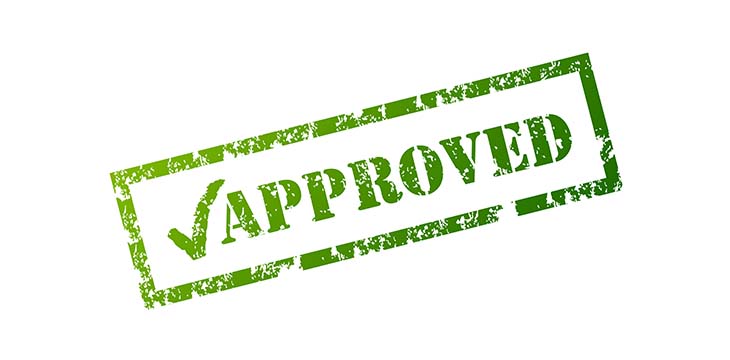|
Getting your Trinity Audio player ready...
|
The New York State Senate has passed a bill that places a two-year ban on carbon-based proof of work blockchain mining operations. Now, the bill will be delivered to New York state Governor Kathy Hochul, who will either sign it into effect or veto it.
PoW mining ban
The bill argues that “the continued and expanded operation of cryptocurrency mining operations running proof-of-work authentication methods to validate blockchain transactions will greatly increase the amount of energy usage in the state of New York.” This will affect the state’s ability to comply with the Climate Leadership and Community Protection Act’s mandate that requires “statewide greenhouse gas emissions be reduced eighty-five percent by 2050 and that the state has net-zero emissions in all sectors of the economy by that time.”
If signed into effect, the bill will place a two-year moratorium on any carbon-based proof-of-work mining operation that is looking to open shop or that needs to renew its permit. Carbon-based operations that are currently up and running, carbon-based operations that do not need to renew their permit, and carbon-based operations whose permit(s) are currently pending renewal will not be affected by the moratorium. Regardless, the ban is expected to have a net-negative effect on the local and state economy.
“I believe the damage to both local and state economies will occur much faster than expected. The bill places a moratorium on establishing new Proof-of-Work mining operations and will prevent the expansion of current PoW mining facilities. Not only will this limit the potential benefits of an emerging industry to empower regional economic and technological growth, including producing jobs, specialized knowledge, and innovation, but it will also cause regulatory uncertainty, placing policymakers at the head of choosing how an emerging industry develops,” said Bryan Daugherty, the Public Policy Director for BSV Blockchain.
“For those within the mining industry, they will need to begin exploring options which may require moving their operation to a more friendly state such as Georgia or Texas. Entities currently mining proof-of-work that choose to stay in New York State will discover that their capacity and potential are severely limited and may find it difficult to compete. In North America, every state is a sandbox, and state lawmakers who can understand the importance and impact of a secure, public, permissionless, scalable, proof-of-work, blockchain will incentivize and welcome these types of enterprises. Forward-thinking, renewable energy abundant states will fare the best,” he added.
Environmental impacts of mining
During the two-year moratorium, the New York department of environmental conservation in conjunction with the New York department of public service will be conducting a proof-of-work mining environmental impact study.
The departments will be researching to see how many proof of work mining operations there are in the state, the amount of electricity that each operation consumes, how each operation powers its activities, the amount of greenhouse gas emissions and co-pollutants released by each operation, the potential public health impacts of proof of work mining as well as the social and economic costs and benefits, and more. At the end of the two years, a statement will be released that summarizes and concludes the impact study.
“I would expect NYS to utilize the two-year moratorium to better understand Proof-of-Work blockchain technologies and would advocate that they balance their current understanding of PoW mining beyond the limited use of cryptocurrencies such as Bitcoin Core (BTC) and include significantly more scalable and sustainable implementations such as Bitcoin (BSV),” said Daugherty.
“There is a great deal of innovation that has occurred in the last few years that demonstrates that not only is Proof-of-Work able to scale to handle the world’s data management and monetization needs, but that it can also be much more secure and sustainable than legacy technology or even the BTC energy benchmarks that are being used to make these decisions,” he added.
In closing, Daugherty said, “As the focus begins to shift from speculative tokens and the ‘crypto’-casino transition to more blockchain-based infrastructure and utility, I am certain policymakers will begin to understand how vital a secure, stable, and sustainable proof-of-work blockchain implementation such as Bitcoin (BSV) is for future information security and data integrity. I hope that they will not trade security for a false sense of sustainability.”
Watch: BSV Global Blockchain Convention panel, Blockchain Mining & Energy Innovation
https://www.youtube.com/watch?v=RzSCrXf1Ywc&t=24115s

 03-02-2026
03-02-2026 




